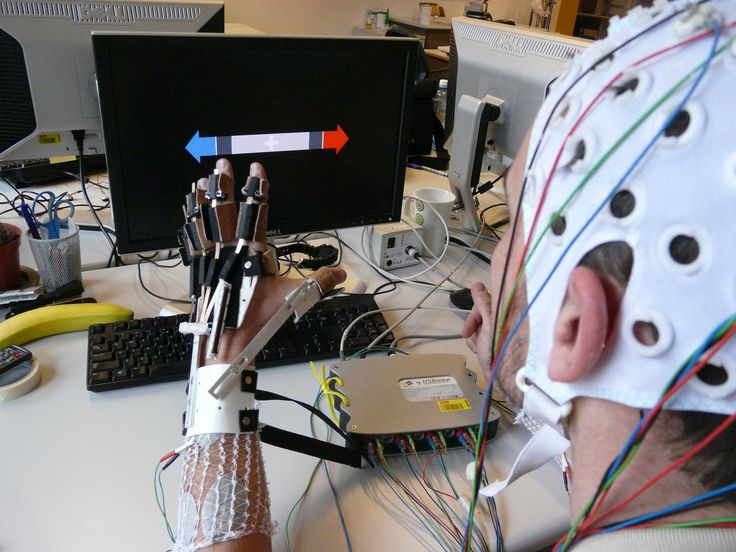UN chief, BRICS stress need for two-state solution in Palestine amid ceasefire talks - Chinadaily.com.cn


United Nations Secretary General Antonio Guterres reiterated that peace in Palestine must be based on the two-state solution in a speech at the BRICS Summit in Brazil on Sunday.
The need for a two-state solution was also set out in the BRICS declaration which emerged from the two-day summit.
"Peace in Palestine, [must be] based on the construction of a two-state solution, starting with an immediate and permanent ceasefire in Gaza, the immediate and unconditional release of hostages and the free and unhindered delivery of humanitarian aid," said Guterres in his address.
Guterres added that he was particularly concerned about the militarization of artificial intelligence "in a world where peace is needed more than ever".
Similarly the BRICS bloc of developing nations, in their Rio de Janeiro Declaration, expressed concerns over "continued conflicts and instability in the Middle East and North Africa".
"We reaffirm our support for the State of Palestine's full membership in the United Nations in the context of the unwavering commitment to the two-state solution," the Rio de Janeiro Declaration read.
"We reiterate our grave concern about the situation in the Occupied Palestinian Territory, with the resumption of continuous Israeli attacks against Gaza and obstruction of the entry of humanitarian aid into the territory. We call for adherence to international law, in particular to international humanitarian law and international human rights law, and condemn all violations of IHL, including the use of starvation as a method of warfare,"
The block also condemned attempts "to politicize or militarize humanitarian assistance" and exhorted the parties to engage in good faith in further negotiations to achieve an immediate, permanent and unconditional ceasefire, including the full withdrawal of Israeli forces from the Gaza Strip and all other parts of the Occupied Palestinian Territory, the release of all hostages and detainees held in violation of international law, and sustained and unhindered access and delivery of humanitarian aid.
"We reaffirm that a just and lasting solution to the Israeli-Palestinian conflict can only be achieved by peaceful means and depends on the fulfillment of the legitimate rights of the Palestinian people, including the rights to self-determination and return," they added.
The Palestinian Ministry of Foreign Affairs and Expatriates welcomed the final communiqué of the BRICS Leaders' Summit.
In a press statement on Monday, the ministry urged the international community to urgently intervene and take concrete measures to compel Israel to halt its aggression, acts of genocide, forced displacement, and annexation policies targeting the Palestinian people, the Wafa News Agency reported.
The Ministry also stressed the importance of reviving a political process based on international peace references and the Arab Peace Initiative, aimed at enabling the Palestinian people to exercise their right to self-determination and secure their legitimate national rights.
The BRIC Summit's conclusion comes just as news of the first session of indirect Hamas-Israel ceasefire talks in Qatar ended inconclusively, Reuters reported, citing two Palestinian sources familiar with the matter. The sources said that the Israeli delegation did not have a sufficient mandate to reach an agreement with Palestinian militant group Hamas.
Meanwhile, Israeli Prime Minister Benjamin Netanyahu left for the United States for a highly anticipated diplomatic meeting with US President Donald Trump.
Israeli media reported Monday that Netanyahu had landed in Washington, with the two leaders scheduled to meet on Monday evening. Netanyahu is also expected to meet US Secretary of State Marco Rubio and special envoy Steve Witkoff.
Prior to his diplomatic visit, Netanyahu told reporters that Israel was determined to ensure that Gaza "no longer poses a threat to Israel". He reiterated his opposition to any deal that would ultimately leave Hamas in power in Gaza.
"I am committed to the three missions together: Releasing and returning all our hostages, both the living and the deceased; eliminating the capabilities of Hamas – driving it out of there; and ensuring that Gaza no longer poses a threat to Israel," he added.
Israeli forces continued to pound Gaza into Monday, including attacks on those seeking aid. In one particularly devastating attack, an air strike targeted a room at al-Rimal clinic located in the heart of Gaza City. The room was housing a displaced family and was struck without any prior warning. Al Jazeera said six Palestinians inside were killed while 15 others were injured.
You may also like...
How Technology, Equity, and Resilience are Reshaping Global Healthcare

The global healthcare system is undergoing a profound transformation, driven by technological leaps, a renewed focus on ...
A World Unwell: Unpacking the Systemic Failures of Global Health

From recurring pandemics to glaring inequities, the global health system is under immense strain. This article explores ...
Sapa-Proof: The New Budget Hacks Young Nigerians Swear By

From thrift fashion swaps to bulk-buy WhatsApp groups, young Nigerians are mastering the art of sapa-proof living. Here ...
The New Age of African Railways: Connecting Communities and Markets
(5).jpeg)
African railways are undergoing a remarkable revival, connecting cities, boosting trade, creating jobs, and promoting gr...
Digital Nomadism in Africa: Dream or Delusion?

For many, networking feels like a performance — a string of rehearsed elevator pitches and awkward coffee chats. But it ...
The Ethics of Brain-Computer Interfaces: When Technology Meets the Mind

This piece redefines networking as a practice rooted in curiosity, generosity, and mutual respect, sharing stories from ...
Carthage: The African Power That Challenged Rome

Long before Rome became the undisputed master of the Mediterranean, it faced a formidable African rival whose power, wea...
Africa’s Oldest Seat of Learning: The Story of al-Qarawiyyin

Long before Oxford or Harvard opened their doors, Africa was already home to a seat of learning that would shape global ...



